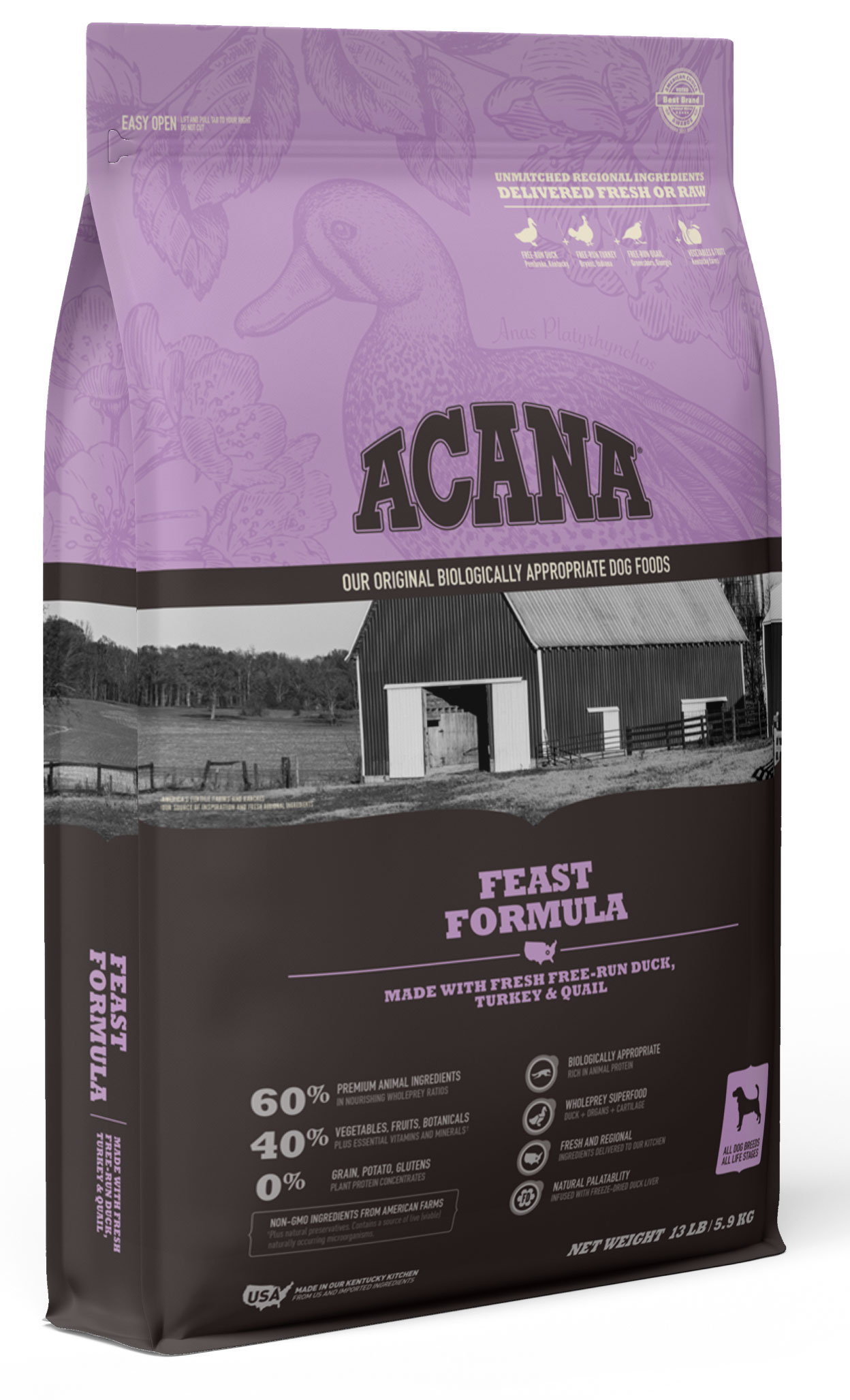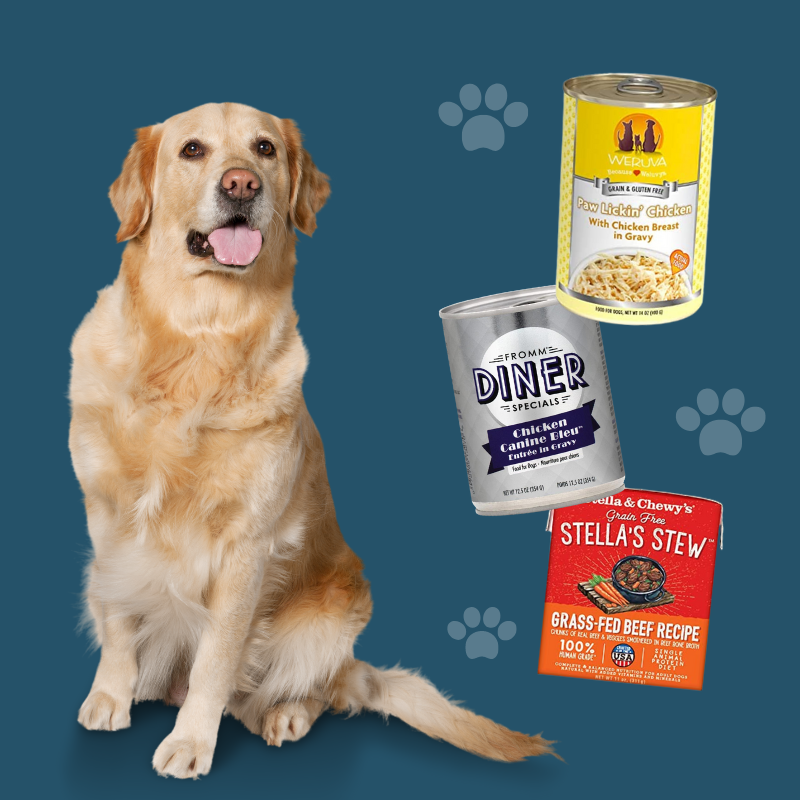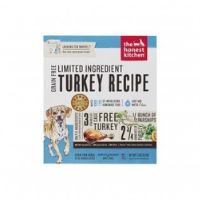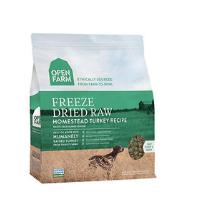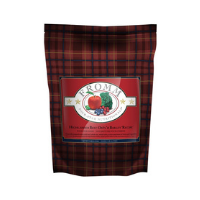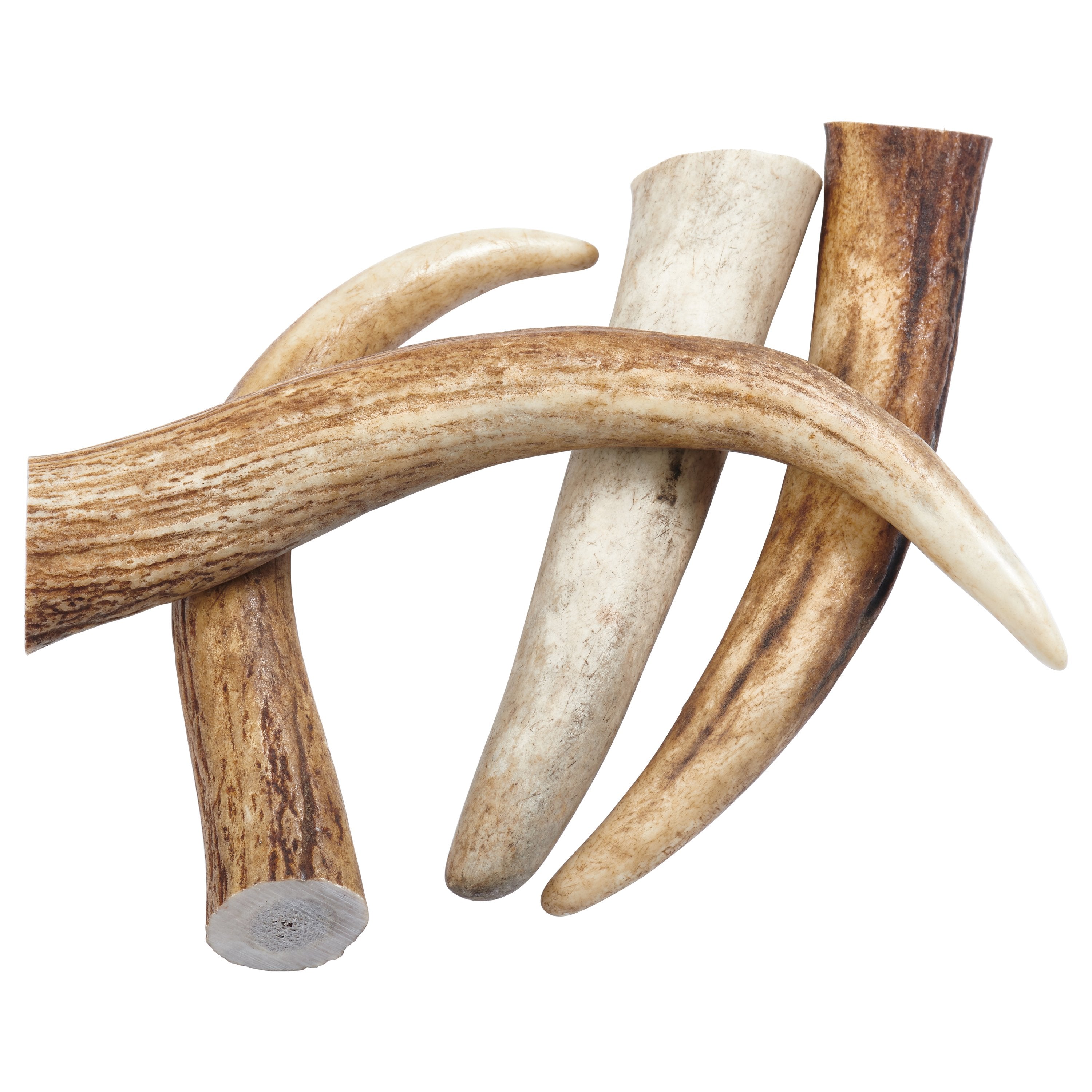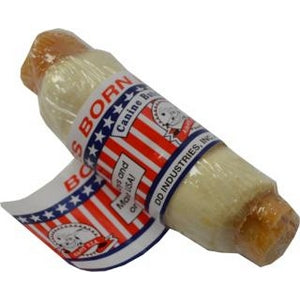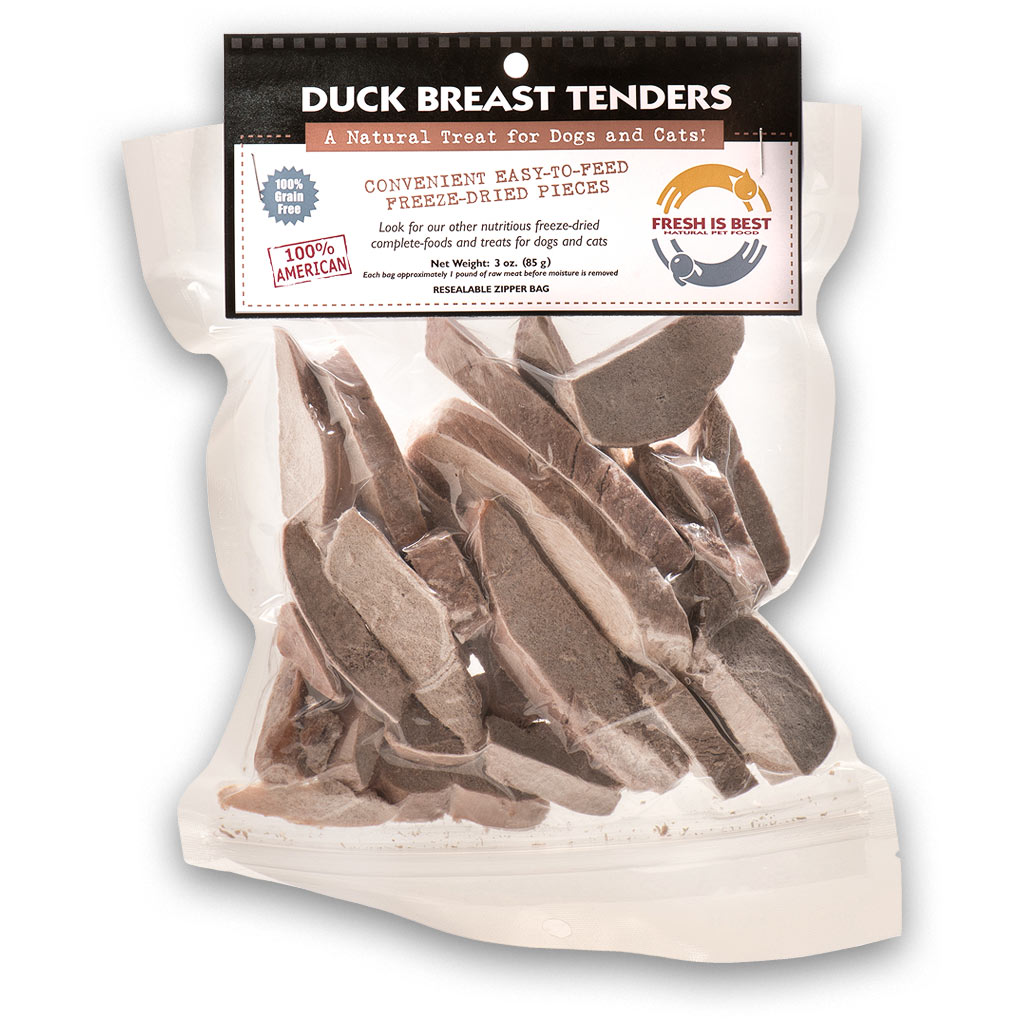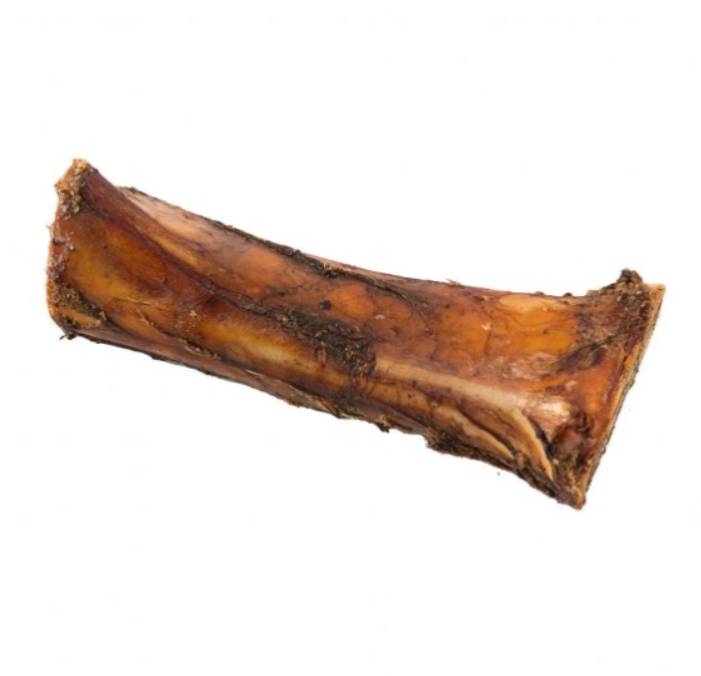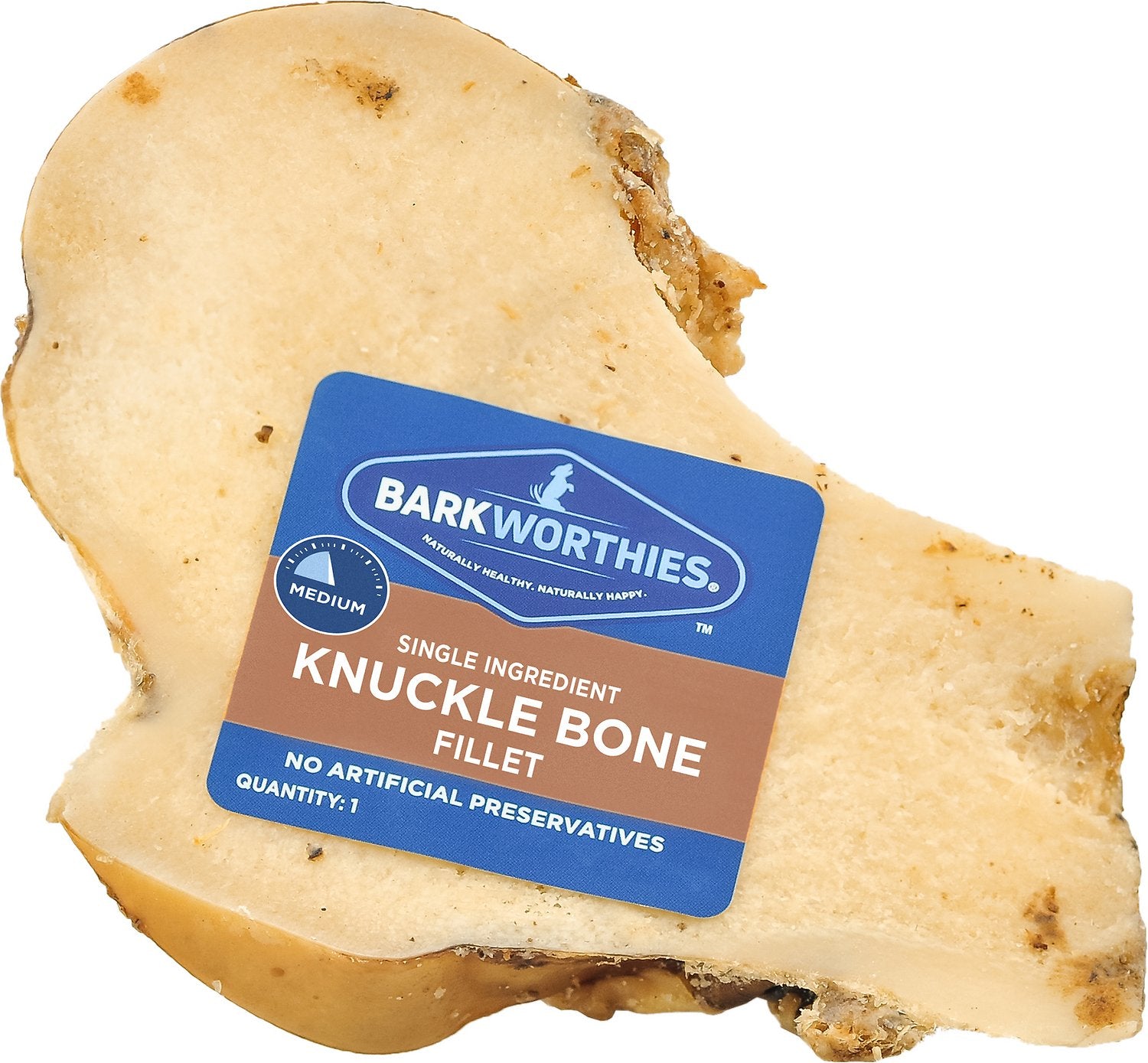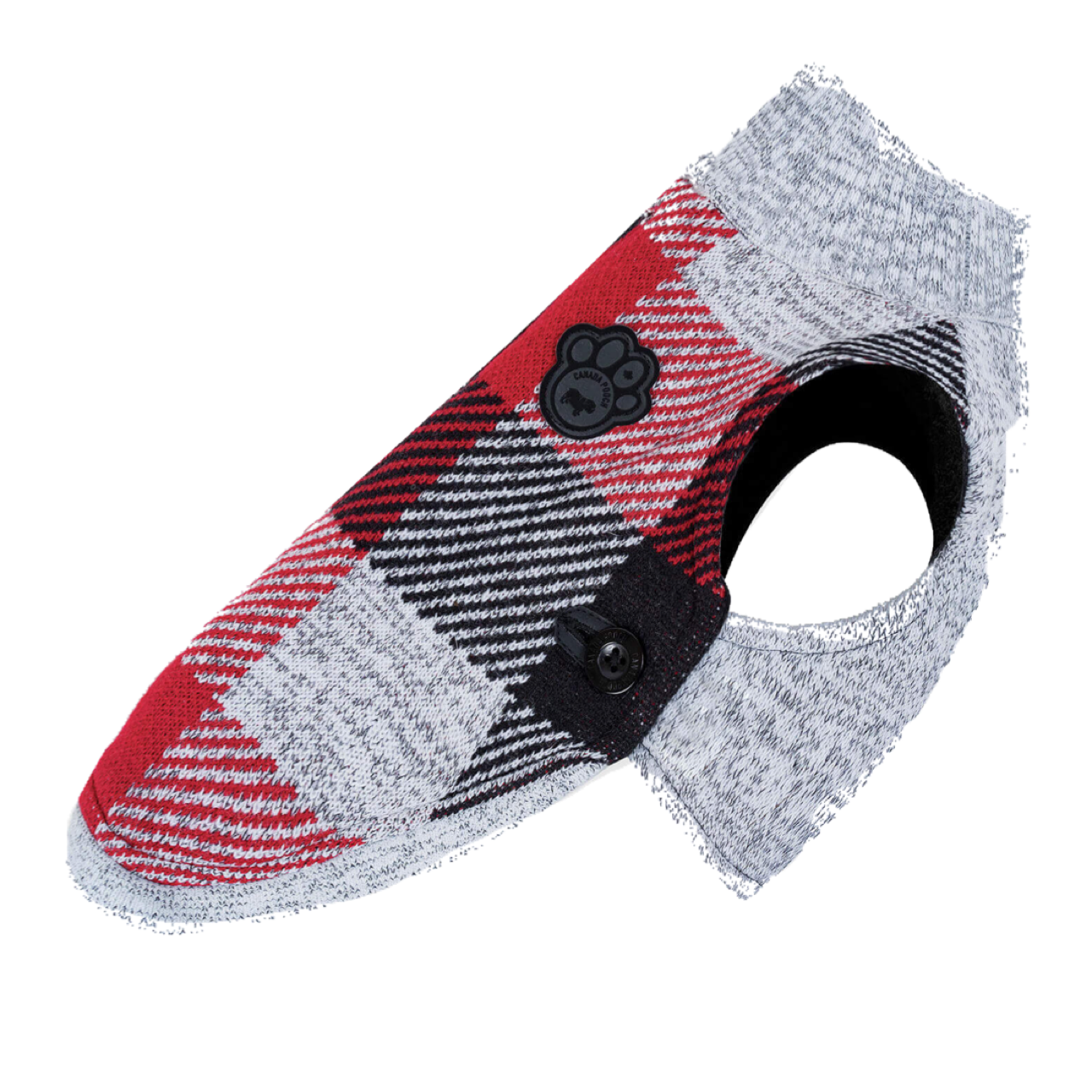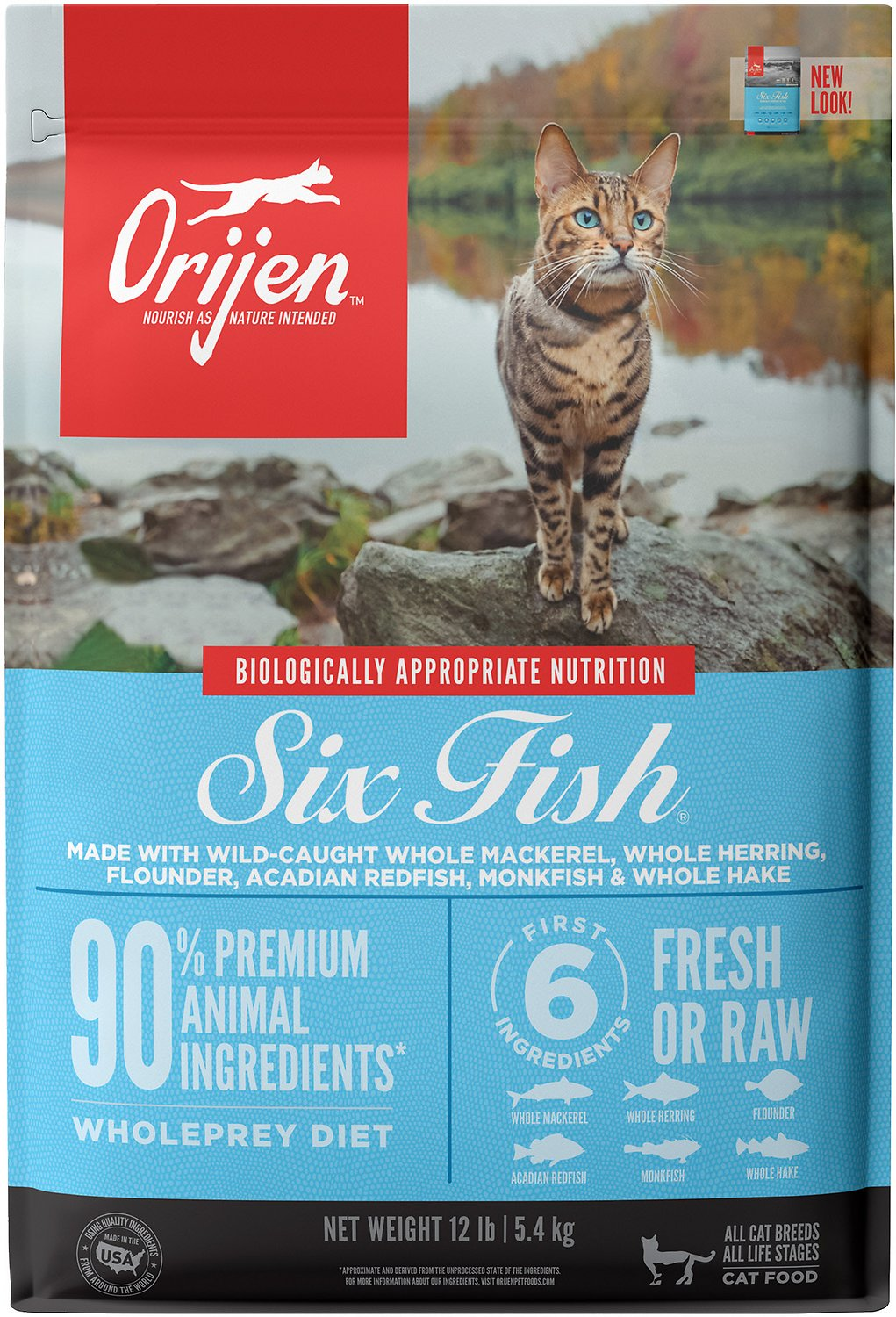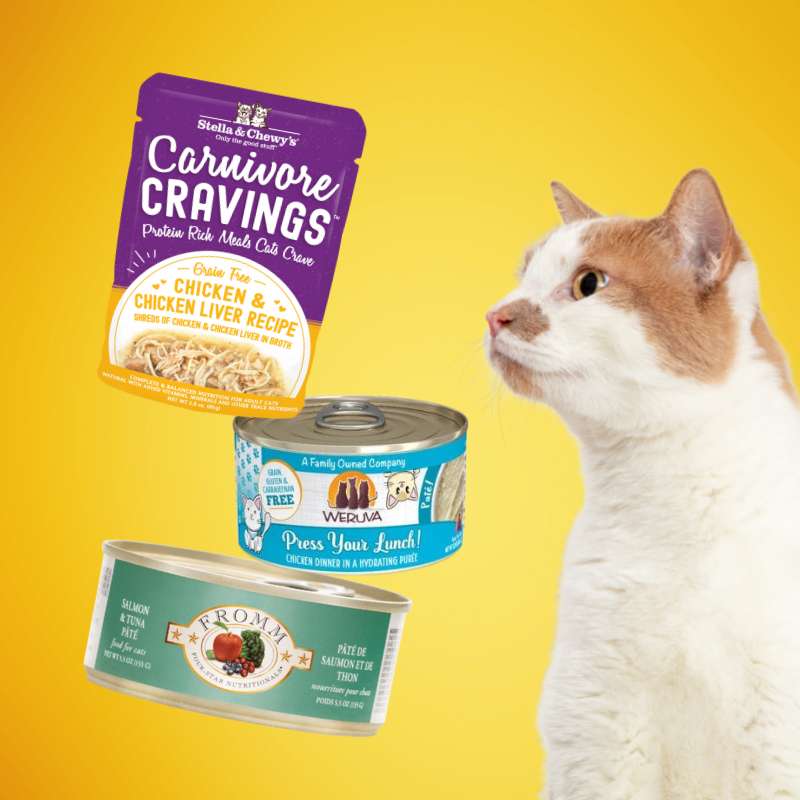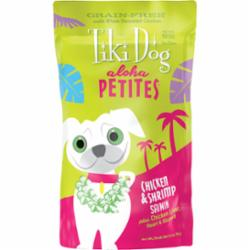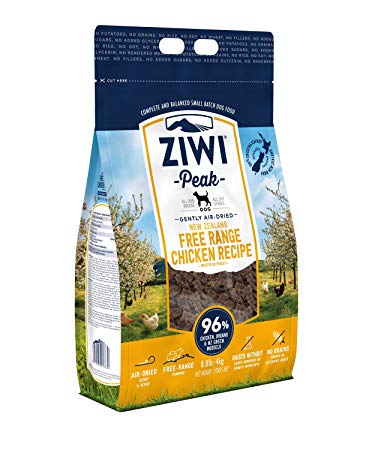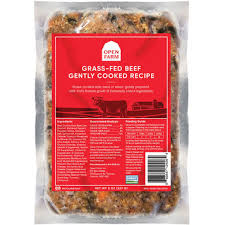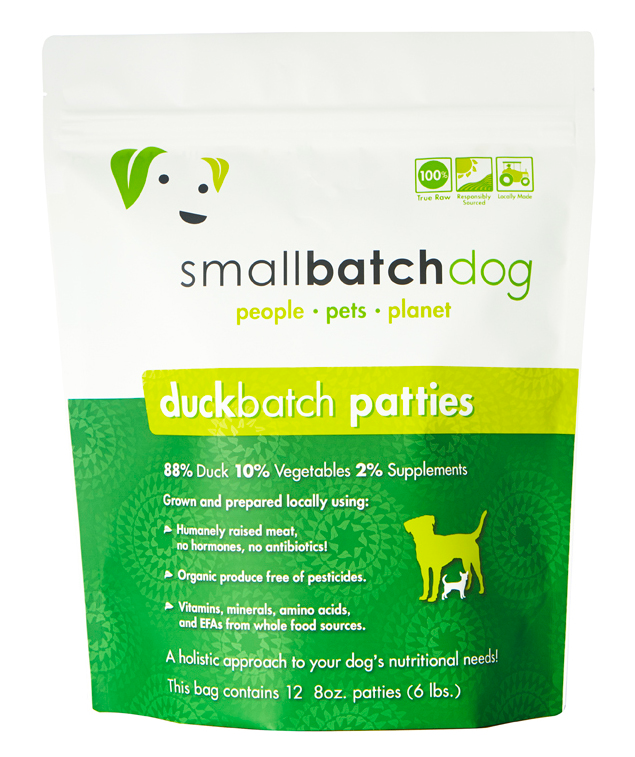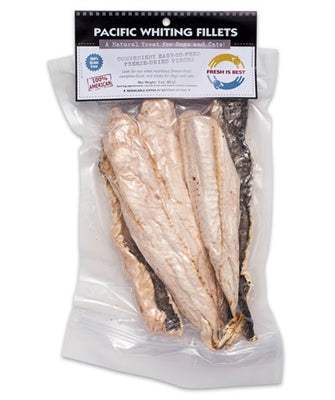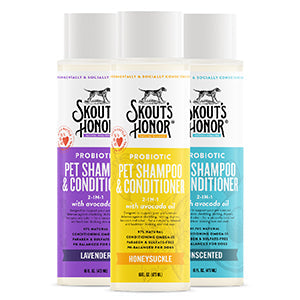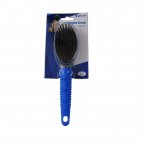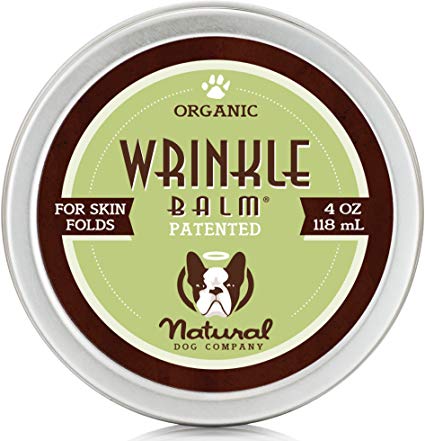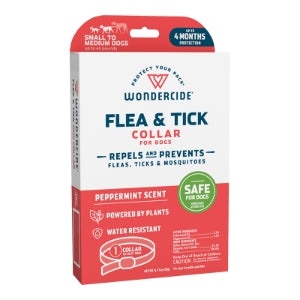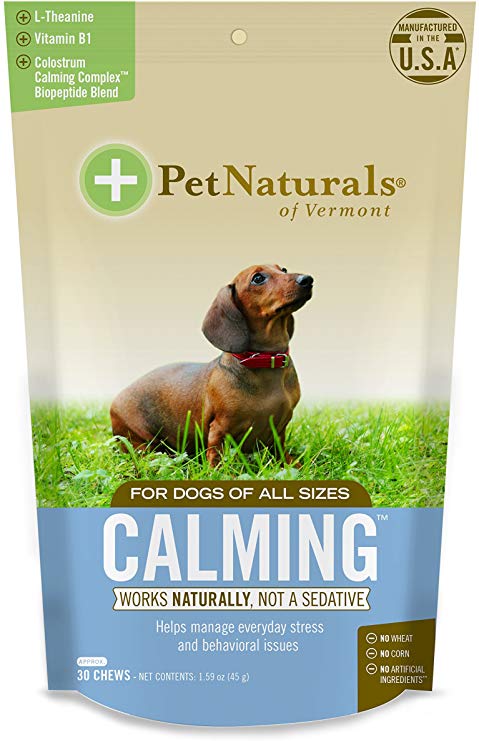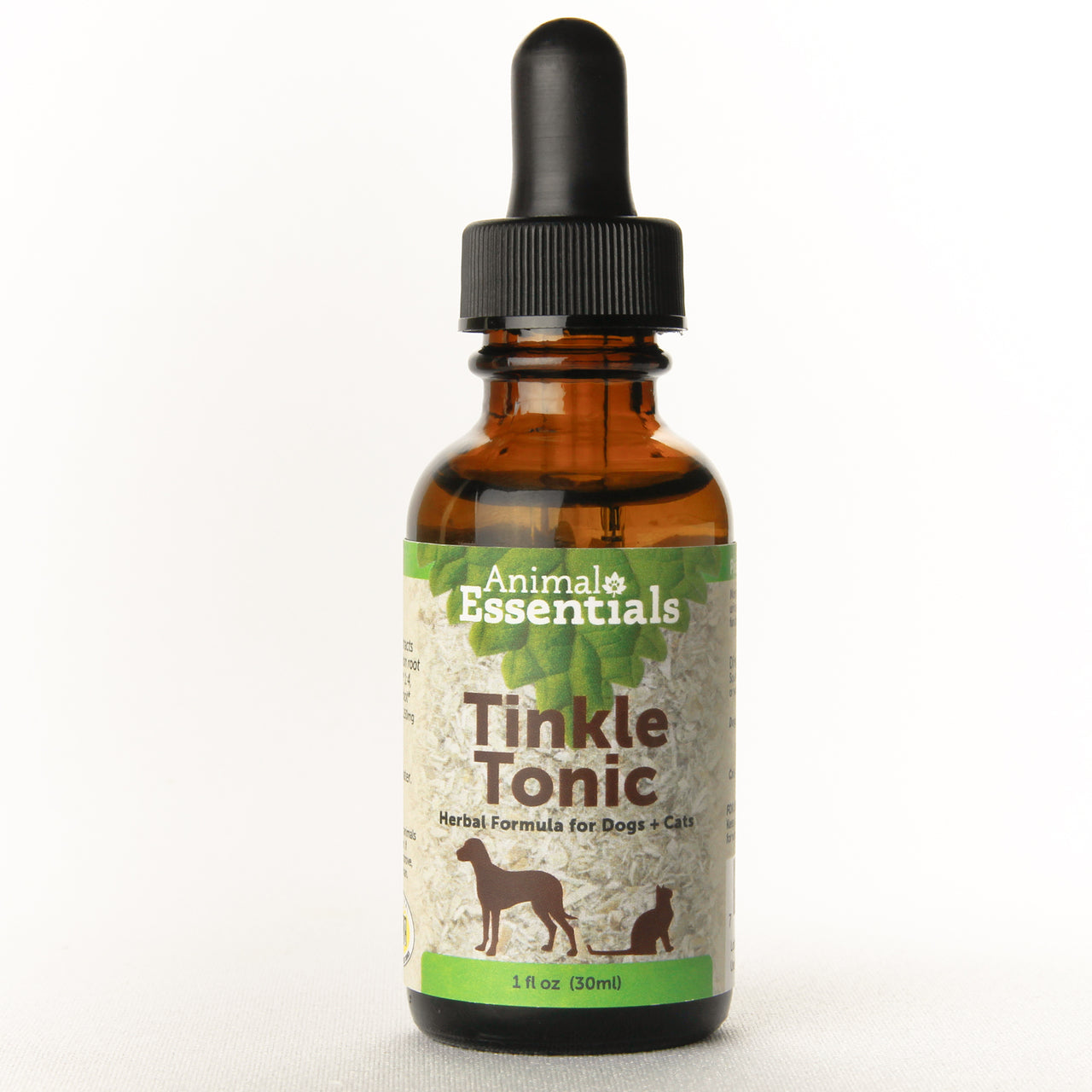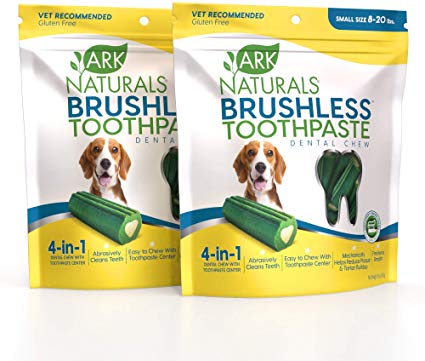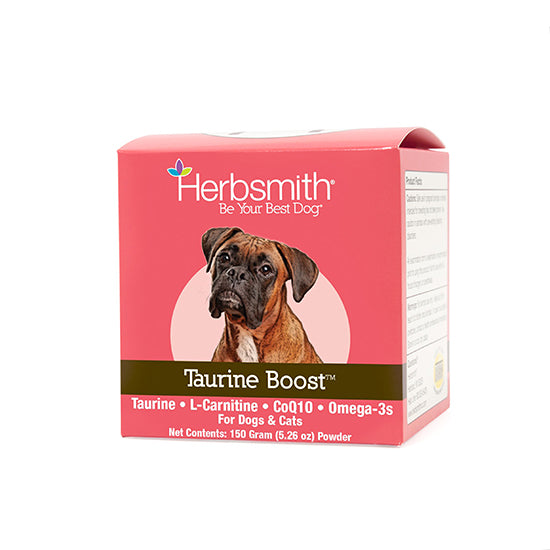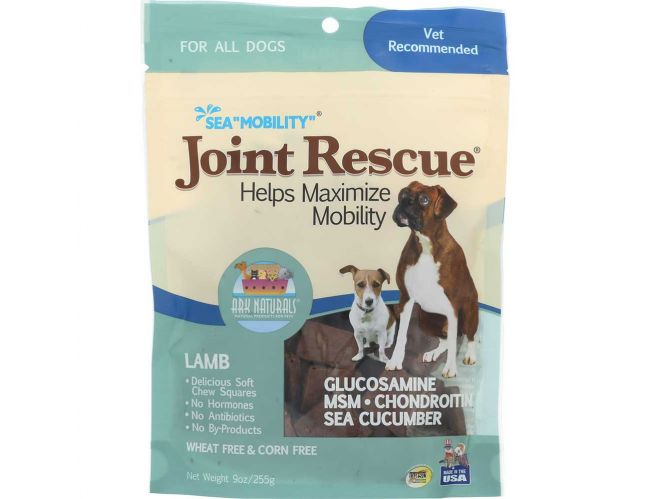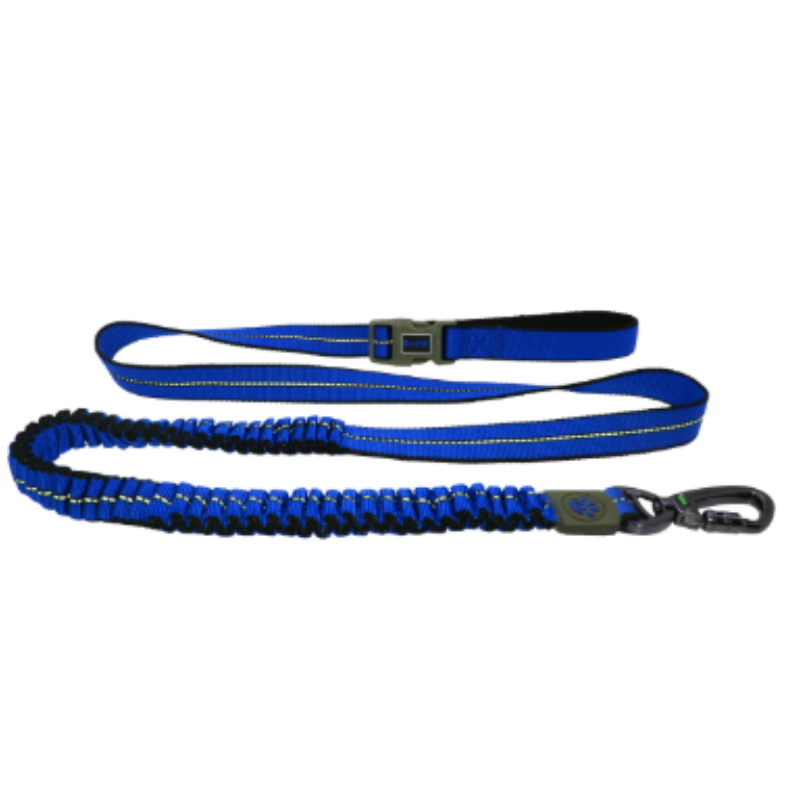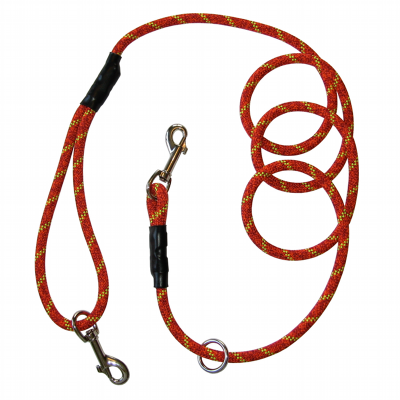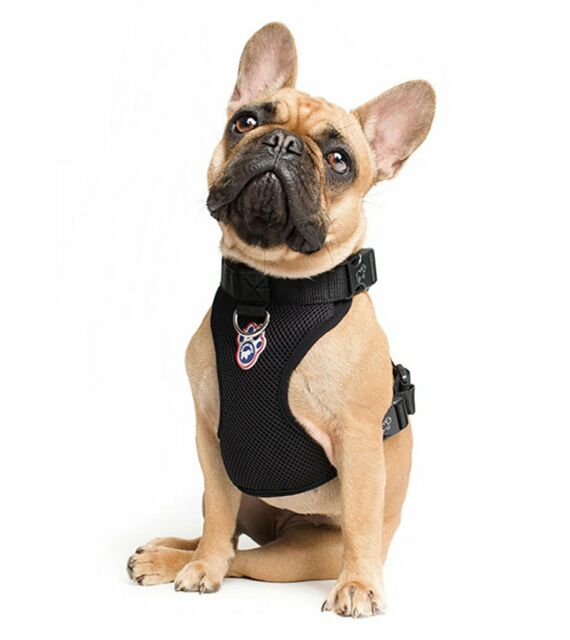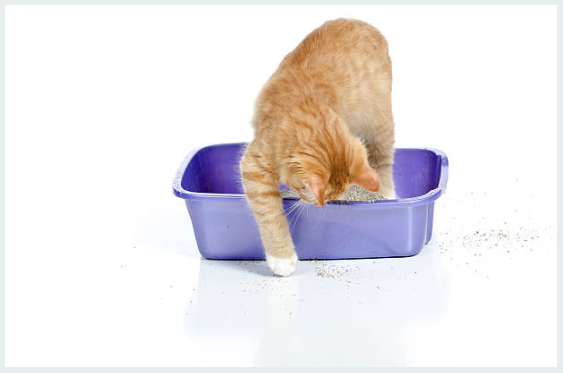Winter can be a challenging time for our furry friends. The cold weather, icy conditions, and dry air can all take a toll on their health and well-being. As a responsible pet owner, it's important to take extra precautions during the winter months to keep your pets safe and comfortable. Here are some essential tips to help you navigate the winter season with your beloved pets:
1. Limit outdoor time
While some pets may enjoy playing in the snow, it's important to limit their time outdoors during extreme weather conditions. Cold temperatures can be dangerous for pets, especially those with short coats or low body fat. Keep outdoor activities short and provide them with a warm and cozy shelter when they come inside.
2. Protect their paws
Icy sidewalks and roads can be harsh on your pet's paws. The salt and chemicals used to melt ice can also be toxic if ingested. Consider using pet-friendly ice melts and invest in a pair of booties to protect their paws from the cold and harmful substances.
3. Keep them hydrated
Just like humans, pets can become dehydrated during the winter months. The dry air can cause their skin to become dry and itchy, leading to discomfort. Make sure to provide fresh water at all times and consider using a humidifier to add moisture to the air.
4. Watch out for antifreeze
Antifreeze is commonly used during the winter to prevent car engines from freezing. However, it is highly toxic to pets if ingested. Keep all antifreeze containers securely stored and clean up any spills immediately. If you suspect your pet has ingested antifreeze, seek veterinary attention right away.
5. Dress them appropriately
Some pets may benefit from wearing a sweater or jacket during cold weather. This is especially true for small breeds, older pets, or those with short coats. However, it's important to choose clothing that fits properly and doesn't restrict their movement or ability to use the bathroom.
6. Maintain a healthy diet
During the winter months, pets may be less active and burn fewer calories. Adjust their diet accordingly to prevent weight gain. Consult with your veterinarian to determine the appropriate amount of food for your pet based on their age, breed, and activity level.
7. Be cautious with heaters
Heaters can provide much-needed warmth during the winter, but they can also pose a danger to pets. Make sure to keep portable heaters out of reach and use pet-proof covers for radiators. Always supervise your pet when they are near a heater to prevent burns or accidents.
8. Maintain a consistent routine
Pets thrive on routine, so try to maintain a consistent schedule during the winter months. Stick to regular feeding times, exercise routines, and playtime. This will help reduce stress and keep your pet happy and healthy.
By following these winter tips for pets, you can ensure that your furry friends stay safe and comfortable throughout the colder months. Remember, your pet's well-being is in your hands, so take the necessary precautions to keep them healthy and happy all winter long.



